Our fear of the foreigner on the farm
- Bangkok Post
- 25 June 2009
Amid fears of land-grabbing foreigners, Thailand's Democrat government is all set to give local landlords a big bonanza.
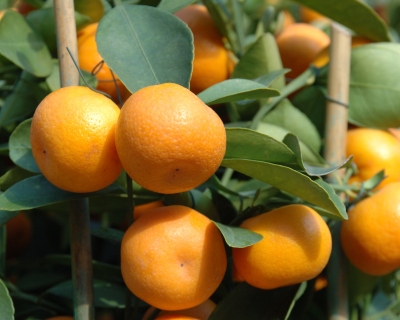
Amid fears of land-grabbing foreigners, Thailand's Democrat government is all set to give local landlords a big bonanza.

Many land transactions occur without a paper trail, therefore making regulation even more challenging.
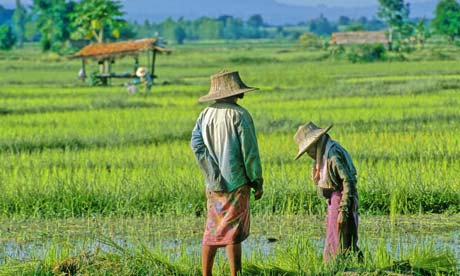
"According to our laws and our policy, foreigners or foreign companies are not allowed to rent or buy land to grow rice or any kind of food, including raising livestock, in Thailand," Prime Minister Abhisit Vejjajiva said yesterday.

Despite criticism for Chinese efforts to acquire large-scale farmland in Africa, China is seen continuing to aggressively pursue acquisitions in other countries. says Michael Whitehead, executive director of the food and agribusiness research and advisory unit at Rabobank International.

Recognizing that land is increasingly becoming a good that is traded internationally, this BMZ position paper analyses driving forces, risks and opportunities for developing countries.
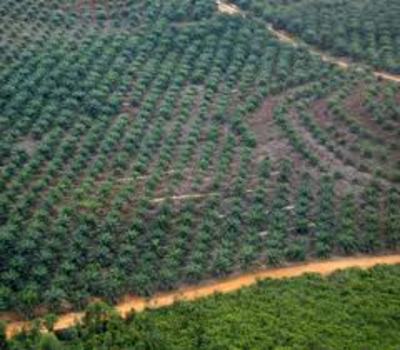
KS Oils acquires additional 14,000 HA land for oil palm plantations in Indonesia, owning a total of 34,000 ha.
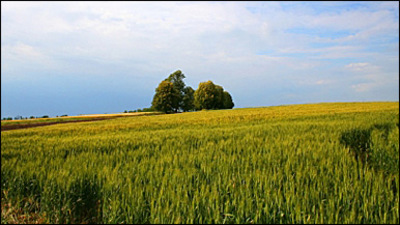
Farming overseas is a global trend. So to find out more about this phenomenon, Mike Gallagher meets Andrew Hunter - a British farmer working vast landholdings in Hungary and Serbia.
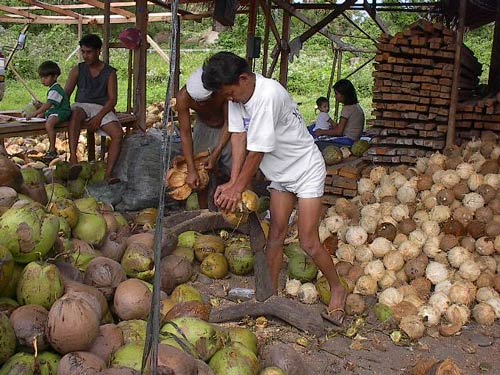
We challenge the line agencies, legislators and national government to immediately stop the leasing of public land to foreign corporations. Instead, public lands that have huge potential to ensure food security and nation building should be distributed to Filipino small farmers.
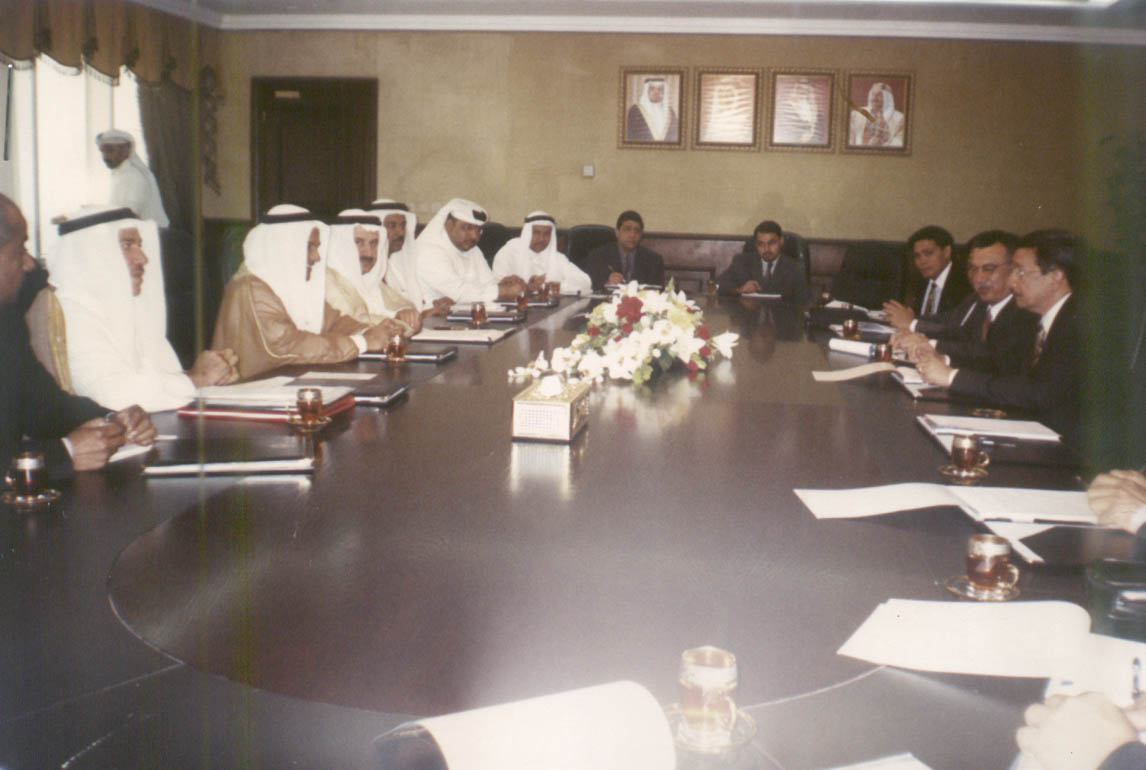
The left-leaning fisherfolk alliance Pamalakaya and staunch ally KMP on Thursday exposed what they called a secret agricultural pact between the Philippines and Bahrain.
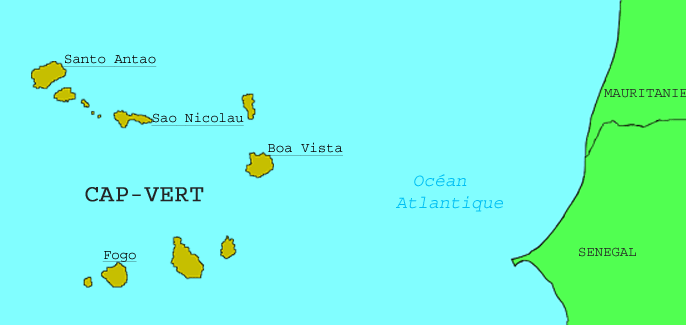
Le gouvernement du Cap-Vert a créé une société anonyme à capitaux publics en vue d’exploiter et gérer des terres agricoles mises à sa disposition par les autorités angolaises dans le cadre de la coopération entre les deux pays

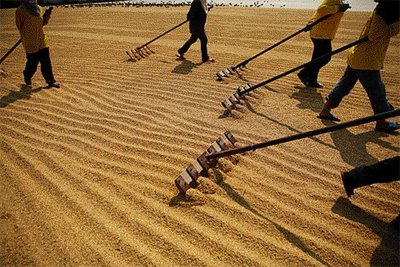
The issue of farmland investments is expected to be raised in the first ministerial meeting between Gulf Cooperation Council (GCC) countries and the Association of South East Asian Nations (ASEAN) on June 29-30 in Manama.
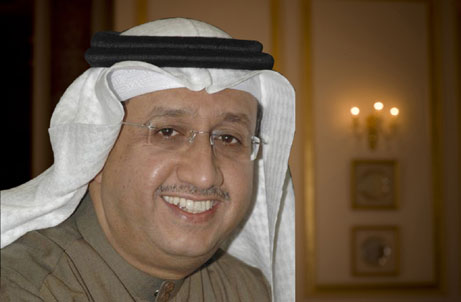
Eam Ngamdamronk, vice chairman of CP Group, said it was a flexible agreement in which investment could be made in Bahrain, Thailand and also in third countries.
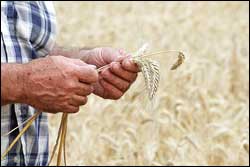
From Kansas to Kenya, investment opportunities in a range of global farm-related ventures are increasingly drawing capital to what many players and analysts see as the early days of a burgeoning bull market in agriculture.

La semence directe, en réduisant les coûts de production, permet aux grands pools souvent étrangers de louer la terre, promouvant ainsi une agriculture sans agriculteurs.
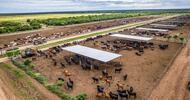
|
Paraguay: Huge beef farm hits market
|

|
Obsolètes, les réformes agraires ?
|